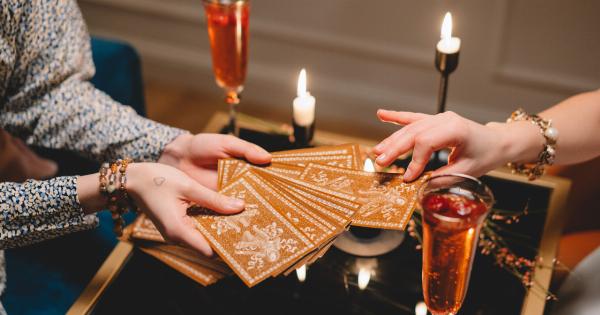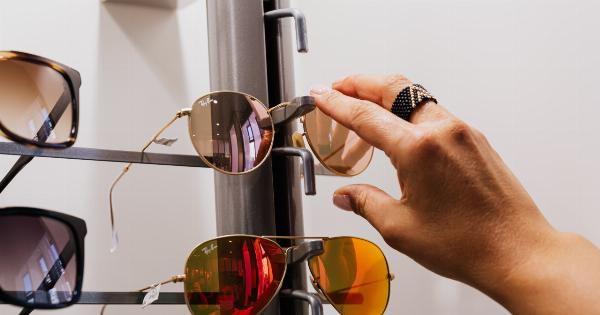Champagne is a drink associated with affluence, luxury, and celebration.
For decades, we’ve been led to believe that expensive champagne is always better than the more affordable options, that anything costing less than a few hundred dollars is nothing more than mediocre swill. However, recent studies and blind taste tests have turned that notion on its head, revealing that lower-priced champagne can outshine costlier versions in both taste and quality.
What Makes Champagne Expensive?
When we think about pricey champagne, the first thing that comes to mind is the chateau or winery where the grape varietals used for the drink are grown.
These exclusive vineyards, typically located in renowned regions like France’s Champagne region, have long been associated with producing the most exquisite and expensive champagne in the world. But, it’s not just about the vineyards. Champagne production is incredibly labor-intensive, requires strict regulations, and can take years to complete.
From growing the grapes to aging and bottling the wine, there are standard industry practices that are followed to ensure optimal taste and consistency. According to the Champagne Bureau, bottle prices reflect the quality of grapes used, aging techniques, and the region of origin, among other factors.
The High Cost of Reputation
While many champagne enthusiasts believe that high price tags equate to better quality, there is no denying the influence of brand reputation.
Expensive champagnes, produced by famous brands such as Dom Perignon or Moet and Chandon, often carry a perception of superiority that makes them a status symbol in and of themselves. The idea of exclusivity and rarity has always been fundamental to the champagne industry, and people are willing to pay a high price to be associated with that luxury and reputation.
Blind Taste Tests and Studies
Despite the reputation of high-priced champagnes and their association with taste and quality, the results of several blind taste studies suggest that there isn’t necessarily a direct correlation between price and taste.
In a study conducted by French consumer organization UFC-Que Choisir, a panel of wine experts tasted ten champagnes, including five low-priced and five high-priced options. The results of the taste tests revealed that expensive does not necessarily equate to better-tasting champagne. In fact, the panel rated one of the low-priced options higher than the expensive ones in terms of flavor and overall quality.
A study by The Economist also revealed similar results, with lower-priced champagnes outperforming their expensive counterparts.
The publication employed experts to conduct a blind taste test of several wines and champagnes, including one low-priced brand, Nicolas Feuillatte Brut Reserve, that ended up being the overall winner of the taste test.
The Economist believes that the reason for this unexpected outcome may have to do with the fact that lower-priced champagnes are often made using grapes sourced from many different vineyards, leading to variations that may result in a more balanced, complex flavor profile.
Why Lower-Priced Champagnes Can Offer Better Value
While classic high-end champagnes like Dom Perignon or Krug are a symbol of luxury, it doesn’t necessarily mean they are objectively better in terms of taste or quality.
The good news is that lower-priced champagnes win when it comes to value, as they offer a balance between price and flavor. This success is because the majority of cheaper champagnes are produced using grape varietals sourced from different vineyards and regions.
The resulting combinations of grapes, terroirs, and winemaking techniques lead to varied and often richer flavor profiles that may include a unique combination of mineral and fruit characteristics. Additionally, lower-priced brands typically use less expensive packaging, spending less on marketing, and advertising, which all helps to keep costs lower overall.
The Bottom Line
Expensive champagnes will remain symbols of luxury while there are still people willing to pay top dollar for them. However, as noted by several blind taste tests and studies, the price tag alone does not always equate to better flavor.
Lower-priced champagnes can provide an affordable and even superior alternative to the costlier options. These wines still feature high-quality ingredients, strict winemaking techniques, and a balanced flavor profile that can rival even that of the most expensive champagnes.






























